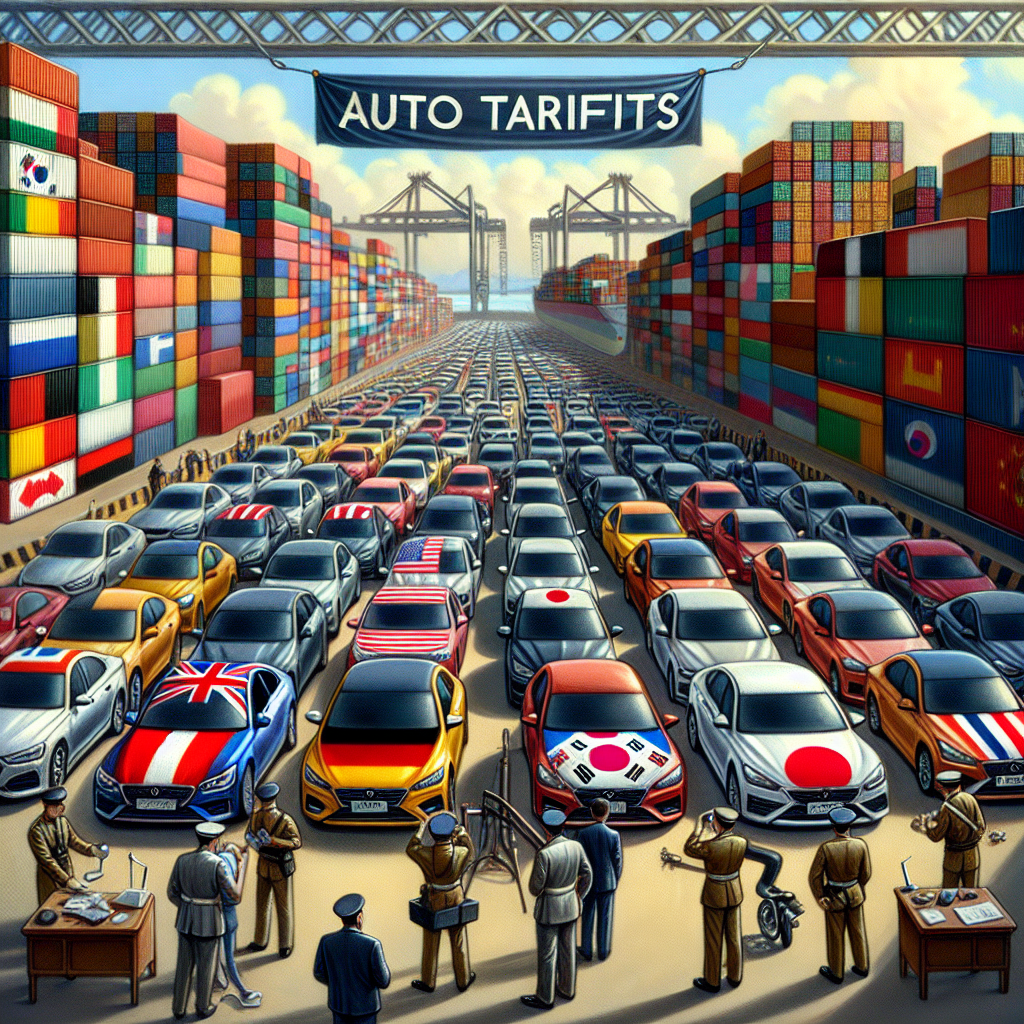Tariff Tensions: Federal Reserve at a Crossroads
Federal Reserve Chair Jerome Powell is set to address the impact of new U.S. tariffs on inflation and growth. Retaliatory measures from China may lead to economic uncertainty, influencing Fed monetary policy. Markets anticipate potential rate cuts if tariffs trigger slower growth and increase inflation.

Amidst growing concerns over new U.S. tariffs and their global repercussions, Federal Reserve Chair Jerome Powell is expected to address the potential inflationary and growth-related impacts on Friday. The central bank is closely monitoring the situation as China's retaliatory tariffs contribute to the economic uncertainty.
Global markets continue their decline in response to the tariffs, with U.S. officials dismissing the downturn as a temporary glitch en route to future economic gains. However, Federal Reserve insiders warn that a prolonged trade conflict might lead to persistent inflation, complicating the Fed's monetary policy objectives.
As the labor market stays resilient, adding 228,000 jobs in March, Powell's forthcoming comments could further clarify the Fed's stance as it navigates the delicate balance between controlling inflation and sustaining economic growth amid these trade tensions.
(With inputs from agencies.)
ALSO READ
Global Shift in Clinical Trial Leadership as U.S. Policies Falter
Federal Reserve Chair Jerome Powell says Trump tariffs likely to raise inflation and slow US economic growth, reports AP.
Succession Plans for the Fed: White House Prepares to Replace Jerome Powell
Jerome Powell Signals Patience Amid Market Volatility and Tariff Uncertainties
The Search Begins: Successor to Federal Reserve Chair Jerome Powell










